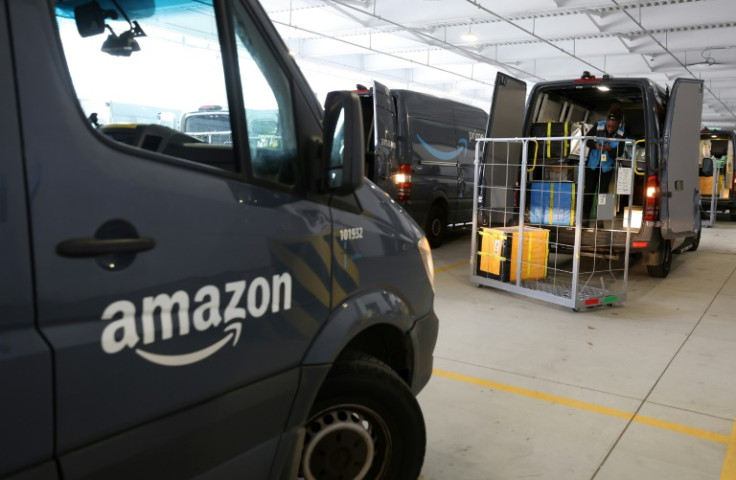Is Amazon Prime Day Worth It This Year? Customers Slam 'Lack of Deals' as Sellers Blame Trump's Tariffs

Amidst the ongoing 'Prime Day' annual sale by Amazon, many of its customers are lamenting that there has been a significant drop in the number of deals on the platform.
Also, many sellers are lamenting that the drop in deals is a result of diverting away 'pains' from US President Donald Trump's ongoing reciprocal tariffs across multiple countries globally.
Prime Day a 'Litmus Test' for Tariffs
Bloomberg reported that many industry experts are using Amazon's 'Prime Day' as a 'litmus test' to learn more of the mix of consumer spending amidst Trump's ongoing tariffs, even though one mentioned that this sale event is still expected to generate $23.8 billion (£17.56 billion) in online sales across Amazon and other US major retailers.
'Prime Day will provide an early indication on consumer appetite, especially in categories like apparel, electronics and TVs, where price drops are expected to be the deepest,' said Vivek Pandya, lead analyst at Adobe.
Meanwhile, Romain Fouache, CEO of Akeneo–a software company dedicated to online merchants–revealed that their recent survey showed that 1 in 4 respondents planned to skip Prime Day due to tariffs. At the same time, 57% said they would more closely monitor prices.
In addition, the survey also notes that some online sellers, who supply roughly 60% of the products available on Amazon's website, say they can't afford to offer discounts this year because they're trying to raise prices to make up for higher costs caused by tariffs.
'We Can't Afford to Offer Discounts'
Dan Peskorse, owner of Upstream Brands, usually sells his decorative aluminium ice trays at cost on Prime Day to attract customers. Still, this year he's skipping discounts for the first time because tariffs have pushed costs up by 50%.
'We're just gonna see what happens this year,' said Peskorse, whose St. Louis company makes about $4 million (£2.95 million) annually, mainly through Amazon. 'There's just no room in the budget for Prime Day discounts.'
Meanwhile, Blueair, a Unilever Plc brand that makes air purifiers, is also scaling back. CEO Andy Lu said, 'We want to be cautious to see how this economy plays out. This Prime Day has so much meaning for us.'
Discussions are also rife on Reddit on how sellers are coping with how tariffs are affecting their Prime Day sales. Some suggested shortening their sales periods, while others are saying they're promoting their best-selling products in their advertising in the hope of garnering higher sales.
Tariffs' Wider Impact on Retail Sales
Tariffs imposed in early and mid‑2025 have disrupted US retail sales. After a sharp rush in March, when consumers front‑loaded purchases like autos ahead of duties, retail volumes plunged, declining 0.9% in May for two straight months.
The decline also coincided with reduced big‑ticket spending, as auto sales dropped 3.5% in May. Though core retail sales excluding autos, gas, and dining rose modestly, the broader trend signals growing caution.
Furthermore, tariffs have raised costs: imported goods prices jumped ~3%, and some US‑made items rose ~2% from March through June, squeezing both margins and consumer purchasing power.
In the end, the ripple effects of these tariffs reach far beyond supply chains and corporate balance sheets — they shape how millions of Americans shop, save, and plan for the future. With costs rising and discounts disappearing, both small sellers and major brands are recalibrating strategies to weather economic uncertainty.
Consumers, meanwhile, face fewer deals and higher prices at a time when budgets are already stretched. As this trade tension plays out, the retail landscape may continue to shift, forcing businesses and shoppers alike to adapt to a new normal where inflation, tariffs, and cautious spending define the rules of the game.
© Copyright IBTimes 2025. All rights reserved.





















